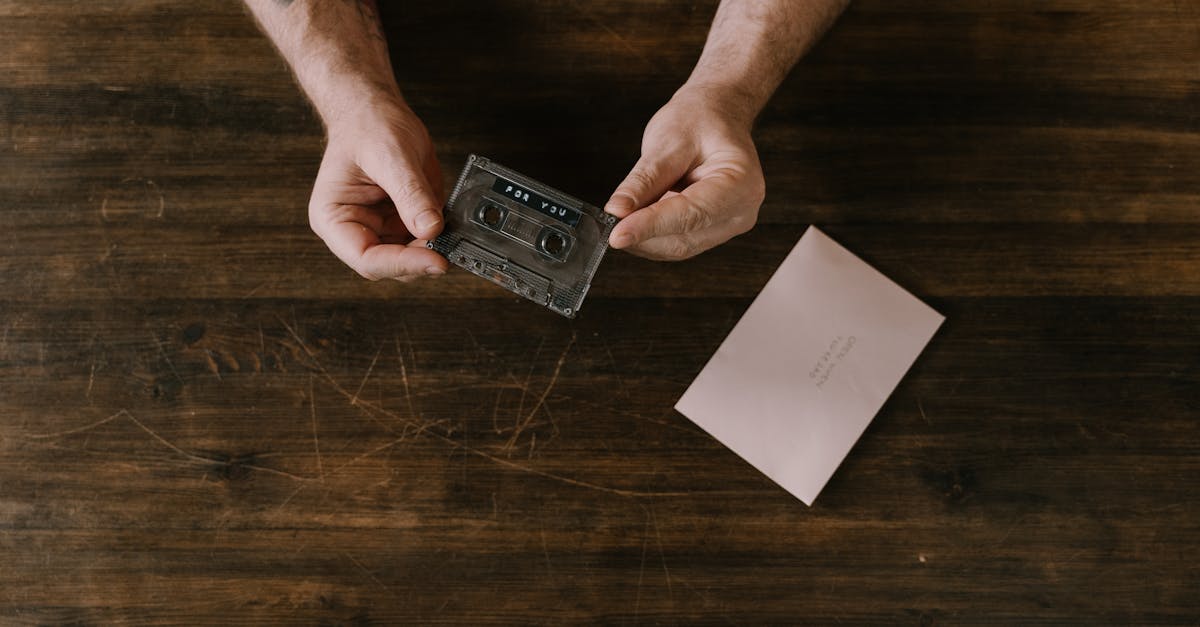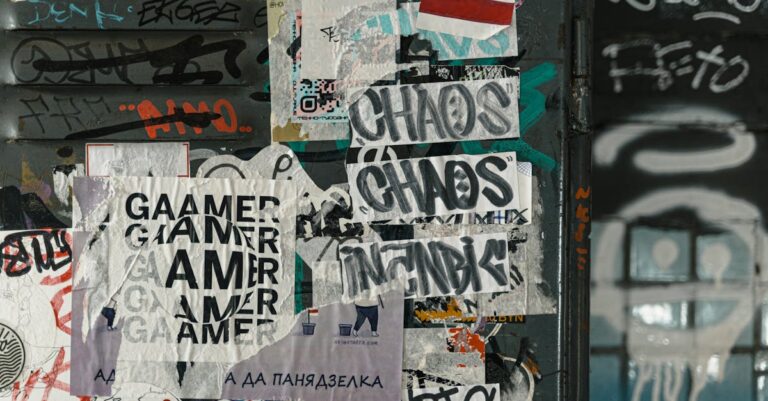
## The Echo Architect
The rain tasted like iron. Not a pleasant metallic tang, but the raw, insistent flavor of blood on concrete. Elias traced a finger across the damp brick wall, the chill seeping into his bone. He’s stood here countless times, staring at this ordinary alleyway in Detroit, waiting for the flicker.
It always started subtly—a shimmer on the grimy brick, a distortion of the sodium glare from the streetlamp. Then, it bloomed. An object materialized: a chipped porcelain teacup, a rusted bicycle bell, a child’s worn teddy bear. Ephemeral and intensely real, each object pulsed with a faint biolumin scent—old lavender from the teddy bear, burnt sugar clinging to the teacup. Then…gone.
He’s been documenting these “Echoes” for five years, meticulously recording the objects’ scent profiles, their approximate size and weight. He calls it “Tactile Presence,” his own clumsy attempt to categorize what felt like a violation of physics.
A low hum vibrated through the ground, rising to nearly audible pitch. Elias braced himself. Tonight’s Echo felt different. He could feel it, a tightening in his chest he’s learned to recognize as the prelude to something significant.
A woman’s voice, brittle and laced with static, cut through the rain.
“Can you see it?”
Elias spun around. A stranger stood at the alley’s mouth, shrouded in shadow, her face obscured by a dripping hood. A slim metallic device glinted on her wrist.
“You’re a Seeker?” He asked, his voice rough from disuse. Seekers were rumored—mythologized, really—individuals capable of manipulating the Echoes, extending their duration, even… creating them.
“Observing,” she corrected, her voice still filtered through the device. “You collect data.”
“I document,” Elias clarified, feeling the old defensiveness prickling at his skin. It wasn’t collecting; it was stewardship, he always thought.
“Inefficient.” She advanced deeper into the alley, her gaze fixed on a spot near his feet. “Data needs application.”
A flash engulfed the space. Not the subtle shimmer he’s accustomed to, but a blinding eruption of light. When his vision returned, an ornate Victorian music box sat radiating an almost visible heat on the rain-soaked pavement. Its brass gleamed, intricate carvings depicting dancing figures frozen in perpetual motion. The scent—aged sandalwood and cloves—flooded his senses, sharp and disorienting.
He reached out a shaky hand to touch it.
“Don’t,” she warned, her voice suddenly urgent. “It’s unstable.”
He ignored her, his fingers brushing against the cold metal. A wave of disorientation washed over him, a dizzying rush of images and sensations unlike anything he’s ever experienced. He saw ballroom dancers, their faces blurred, heard the lilting melody of a waltz, felt the press of silk against his skin.
Then, darkness.
He gasped, pulling himself upright. The music box sat on the pavement, its luminescence fading rapidly. But it wasn’t disappearing in the way Echoes usually did. It…wavered.
“What did you do?” he demanded, his voice trembling despite himself.
She didn’t answer immediately, her focus still on the music box. “It’s a replication,” she finally stated, her voice devoid of emotion. “A fragment of consciousness anchored in tactile presence.”
“Consciousness?” He scoffed. “It’s a machine, made of brass and gears.”
“The craftsman who created it,” she said, stepping closer. “He poured his soul into this piece. His joy, his sorrow… it’s all imprinted within the object.”
“You’”re saying—”
“I’ve refined the process. I can extend these replications, stabilize them. Create echoes that persist.” She held up her wrist device. “I call it ‘Resonance.’”
“And why?” He asked, suspicion hardening his features.
She hesitated, a flicker of something unreadable crossing her face. “To reclaim what was lost.”
“Lost?”
She turned away, scanning the grimy alley. “Civilization crumbled not from war or plague, but from entropy. Memories fading, skills vanishing, the collective knowledge of humanity… disappearing.”
“And you think these Echoes can replace what we’re losing?”
“They can preserve it. Replicate expertise, relay artistry. Imagine,” she continued, her voice gaining momentum despite herself. “A surgeon learning from the ghost of a master, an architect guided by the spectral hand of a visionary. Humanity reborn.”
He remained silent, studying her face for signs of deception. Something about her conviction felt genuine – a desperate yearning masked by cold calculation.
“What’s the catch?” He asked finally, his voice low and wary.
She shrugged. “Exposure fades. Biolumin scent triggers neurological impressions, replicating consciousness within short bursts.”
“So, impermanent echoes of people?”
“Short-lived. But enough to impart knowledge.”
He considered her words, the implications swirling within him. The potential was staggering – a lifeline for a dying world. But so was the danger. This wasn’t just documentation anymore; it was manipulation, intrusion into the fundamental fabric of reality.
“And what happens when these impressions get too intense?”
She sighed, the static in her voice intensifying slightly. “The system overloads. The subject experiences cognitive dissonance.”
“Which means?”
“A fracturing of the mind,” she finished dryly. “Permanent psychological damage.”
He stepped closer, his eyes locked onto hers. He could see the exhaustion etched on her face, the weight of a lonely crusade pressing down on her.
“You’re playing God,” he stated, the words heavy with accusation.
She laughed, a short, brittle sound that died in the rain. “I’m preserving what remains.”
A new Echo began to materialize nearby – a weathered carpenter’s workbench, complete with scattered tools and the faint scent of pine needles. It appeared more solid than any Echo he’s ever encountered, almost tangible.
“Why show me this?”
“Because you understand,” she said softly, gesturing toward the workbench. “You’re a recorder, an archivist.”
“And?”
“Join me. Help refine Resonance.”
He stared at the workbench, then back at her. The rain continued to fall, washing away the grime and revealing the stark reality of their situation. Humanity was fractured, its memories fading, its future uncertain.
“What about the people experiencing these neurological impressions?” he asked again. “Are we going to be careful? Or just… reckless?”
She paused, considering his question. “We adapt,” she stated firmly. “We learn.”
He thought of the countless hours spent documenting Echoes, pouring over data, searching for patterns. He thought of a world where skills and knowledge could be preserved, shared, even resurrected from the dust of oblivion.
“Let me see your data,” he said, his voice resolute. “Let’s be sure we’re not creating monsters.”
A faint smile touched her lips, the first genuine expression he’s seen from her.
“Agreed.” She extended a hand, the metallic device on her wrist gleaming under the sodium glare. “Let’s begin.”
He clasped her hand, a silent pact forged in the rain-soaked alleyway. He felt a surge of excitement and apprehension, the weight of responsibility settling heavily on his shoulders.
The Echo Architect was no longer just documenting a phenomenon; he was becoming part of it. The loop hadn’t ended, only begun anew.


